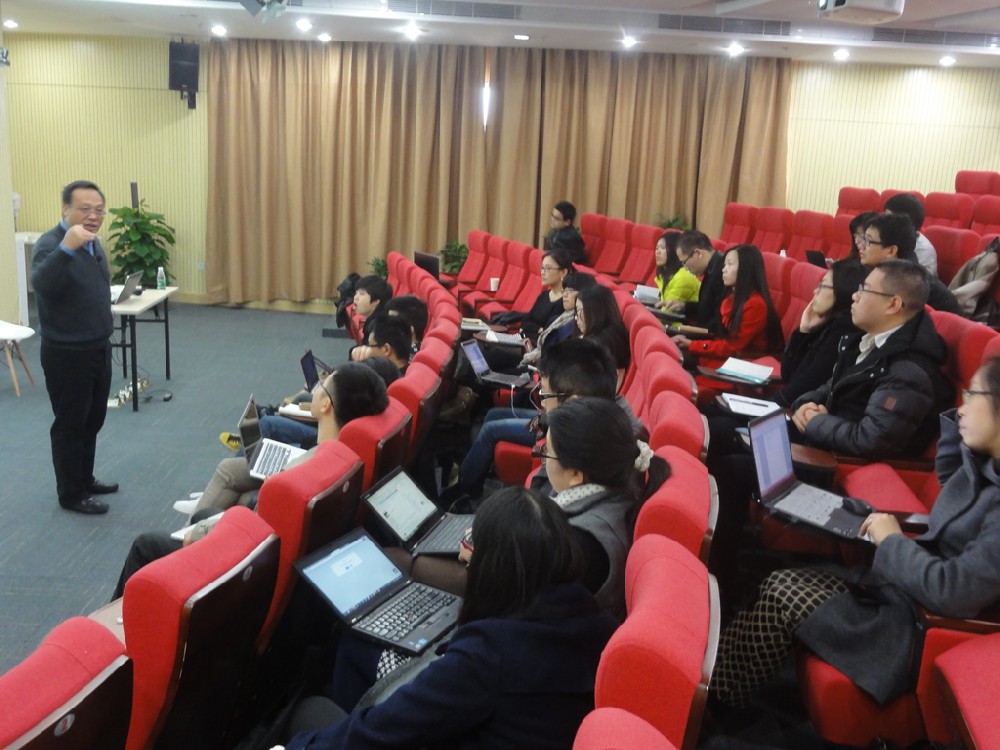


release time:2019-05-17
Abstract
Sociological theories of inequality, stratification, and economic development have typically been framed in terms of the assumptions of the individualistic attainment in the cultural context of Western countries especially the U.S. Individuals are assumed to be unbridled, self-interested, rational actors while income redistribution is assumed to operate primarily through the political system via taxation and welfare state benefits. The role of public policy is often concerned with promoting “equality of opportunity” and reducing “discrimination” in order to increase equality of results.
By contrast, East Asian societies (China, Korea, Japan, Singapore, and Taiwan) to varying degrees maintain cultural sources of income equality that have been largely ignored by Western sociologists. Asian social norms, cultural expectations, and institutions do not always seek to promote “equality of opportunity” but they often directly reduce income inequality. Household income equality is sometimes enhanced by Asian cultural practices associated with traditional gender roles, seniority-pay systems, age and status hierarchies, strong work norms, exam-based educational systems, and low immigration.
Bio
Arthur Sakamoto is Cornerstone Faculty Fellow Professor of Sociology at Texas A&M University in College Station, Texas. His obtained his graduate degrees in sociology at the University of Wisconsin and his bachelor’s degree in economics at Harvard University. His areas of research interest include social stratification, inequality, economic sociology, labor markets, and racial/ethnic relations. Although his primary focus is on the U.S., he has done some research on Japan, Taiwan, and Brazil. He has also published widely on Asian Americans.
Faculty host: Xiaogang Wu (sowu@ust.hk)
Speaker(s): Prof Arthur Sakamoto
Texas A&M University
Date: 17 May 2019 (Friday)
Time: 2:30 - 4:00 pm
Venue: Room 3401 (via lifts 17-18), Academic Building, HKUST